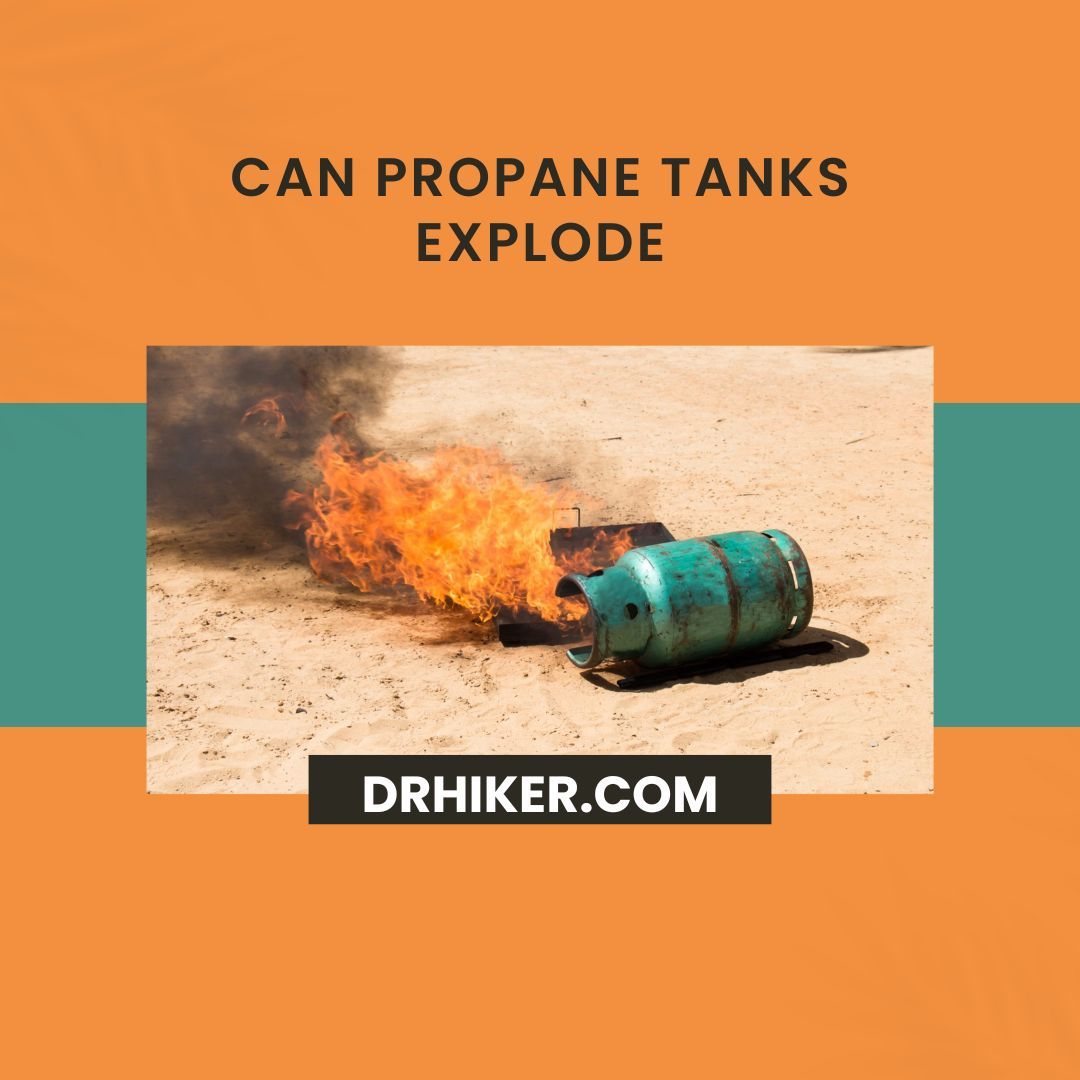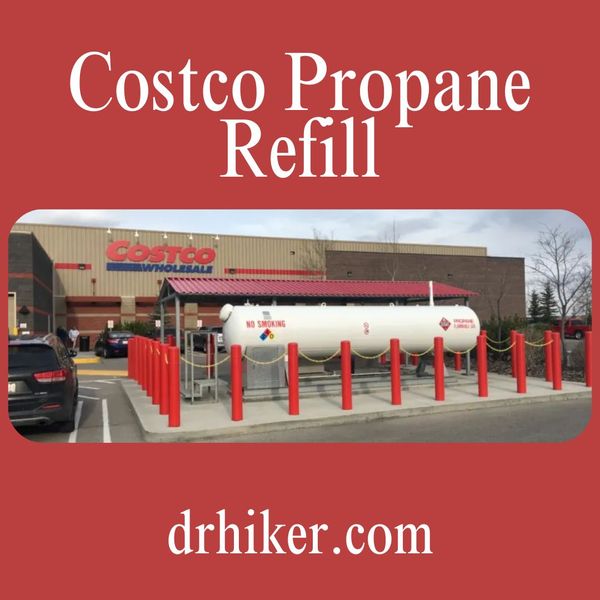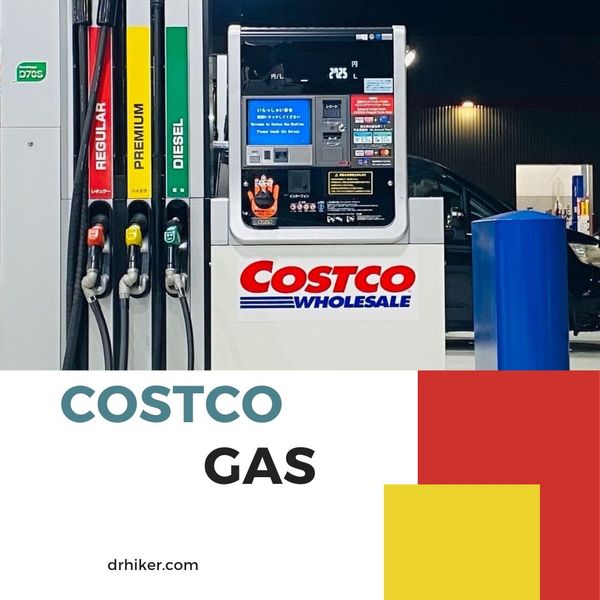This blog post will delve into the truth about propane tanks and their explosion risks. By understanding the properties of propane, following safety measures, and knowing what to do in case of emergencies, you can gain the knowledge and confidence needed to handle propane tanks responsibly. Let's explore the reality behind propane tank explosions and equip ourselves with the information to stay safe.
Propane and its Properties Which May Cause Explosion

Propane is a commonly used fuel known for its versatility and efficiency. Before diving into whether propane tanks can explode, let's understand what propane is and its properties.
What Is Propane?
Propane is a colorless and odorless gas derived from natural gas processing and petroleum refining. It is commonly used as fuel for heating, cooking, and powering various appliances, such as grills, stoves, and water heaters.
Propane's Physical Properties And Characteristics

Propane is stored and transported as a liquid under pressure. When released from its container, it vaporizes and becomes a gas that can be ignited for various uses. Propane has a higher energy content than natural gas, making it an efficient and popular choice for many applications.
Do Propane Tanks Explode?
While propane tanks can pose risks if mishandled or improperly maintained, the truth is that they rarely explode. Propane tanks are designed with safety features to prevent explosions. They are typically constructed from thick steel or aluminum and are built to withstand high pressures. However, it is crucial to understand the conditions that can lead to propane accidents and take appropriate precautions.
Can Propane Tanks Actually Explode?
There is a common misconception that propane tanks are highly explosive and can spontaneously combust. However, it's essential to dispel this myth and understand the reality of propane tank safety.
Examining The Conditions Necessary For A Propane Tank To Explode

While propane tanks are built to withstand high pressures, certain conditions must occur for an explosion. These conditions typically involve a combination of factors, including a propane leak, an ignition source, and an enclosed or confined space.
- Propane leak: For an explosion to happen, there must be a significant propane leak. Propane is heavier than air and tends to sink and accumulate in low-lying areas or enclosed spaces.
- Ignition source: An ignition source, such as an open flame, a spark, or an electrical malfunction, is needed to ignite the propane gas. Without an ignition source, the leaked propane will disperse harmlessly into the atmosphere.
- Enclosed or confined space: An enclosed or confined space can create a hazardous environment. If leaked propane accumulates in a confined area without proper ventilation, the concentration of propane gas can reach an explosive level.
Real-Life Examples Of Propane Tank Incidents And Their Causes
While propane tank explosions are rare, it's important to acknowledge that accidents can happen. Most incidents occur due to human error, negligence, or failure to follow safety guidelines. Examples include mishandling propane cylinders, improper installation of propane systems, or neglecting routine maintenance and inspections.
Real-Life Examples
Here are a few examples:
Campsite Propane Explosion
- In 2019, a propane explosion occurred at a campsite in Arizona, resulting in injuries and damage to nearby structures.
- Cause: The explosion was caused by a propane leak from a cylinder connected to a grill. The leak ignited, leading to a fire and subsequent explosion.
- Precautions: Proper inspection of propane connections and valves, along with regular maintenance and leak detection, can help prevent such incidents. Maintaining a safe distance between propane equipment and flammable objects is also crucial.
Propane Explosion at a Residential Property
- In 2018, a propane explosion at a residential property in Pennsylvania caused significant damage to the house and injured several occupants.
- Cause: The explosion was attributed to a propane leak from a faulty connection in a gas line. The accumulated propane gas ignited, leading to an explosion.
- Precautions: Regular inspections of propane systems, including fittings and connections, can help identify and address potential leaks. Proper installation and maintenance by qualified professionals are essential to minimize risks.
Propane Tank Fire at a Restaurant
- In 2020, a propane tank fire occurred at a restaurant in Texas, resulting in a significant blaze that required multiple fire departments to extinguish.
- Cause: The fire started when a propane tank used for outdoor cooking caught fire due to ignition. The fire quickly spread to other flammable materials.
- Precautions: Ensuring proper ventilation and maintaining a safe distance between propane equipment and flammable materials are crucial precautions. Regular inspections of propane appliances and adherence to safety guidelines are also essential.
Why Do Propane Tanks Explode? - Accidental And Manufacturing Faults
Why Do Propane Tanks Explode? - Human Faults Or Negligency
Propane tank explosions can occur due to various factors, including human error, environmental conditions, and improper maintenance. Let's explore these reasons in detail and provide corresponding precautions to prevent accidents:
Human Error
- Mishandling propane tanks or cylinders can lead to accidents.
Precautions
- Always handle propane tanks with care, avoiding dropping or rough handling.
- Securely fasten valves and connections to prevent leaks.
- Store propane tanks upright in well-ventilated areas away from heat sources.
Hot Environment
- Extreme heat can increase the pressure inside a propane tank, potentially leading to an explosion.
Precautions
- Store propane tanks in shaded areas or away from direct sunlight.
- Avoid exposing tanks to high temperatures, such as near fires or hot surfaces.
Dirty Grill
- Grease or other flammable materials buildup on a grill can create a fire hazard and increase the risk of propane tank explosions.
Precautions
- Regularly clean and maintain your grill, removing grease and debris.
- Keep the grill's burner and gas lines free from clogs or blockages.
Leaving the Grill Unattended
- Leaving a grill unattended can result in uncontrolled flare-ups or the accidental release of propane, leading to potential explosions.
Precautions
- Always supervise the grill while it is in use.
- Have a fire extinguisher nearby and know how to use it.
Putting the Grill Too Close to Flammable Materials
- Placing a grill near flammable objects, such as structures, vegetation, or combustible materials, increases the risk of fire and potential propane tank explosions.
Precautions
- Maintain a safe distance of at least 10 feet between the grill and any flammable objects.
- Ensure proper ventilation around the grill to prevent gas buildup.
Poor Maintenance
- Refrain from regular maintenance, such as inspecting for leaks, can result in unsafe conditions and potential propane tank accidents.
Precautions
- Schedule routine inspections of your propane tank and connections.
- Check for signs of damage, such as rust, dents, or corrosion, and address any issues promptly.
- Follow the manufacturer's guidelines for maintenance and servicing.
Safety Measures and Regulations To Avoid Propane Explosions
Government agencies, such as the Occupational Safety and Health Administration (OSHA) and the National Fire Protection Association (NFPA), have established regulations and standards for propane tanks. These regulations cover tank construction, labeling, transportation, and storage requirements to ensure safety and compliance.
Required Safety Features In Propane Tanks
Propane tanks are equipped with safety features to mitigate the risk of accidents. These features may include:
- Pressure relief valve: Propane tanks are designed with pressure relief valves that release excess pressure in case of a buildup, preventing the tank from exploding.
- Overfill protection device (OPD): Most propane tanks for consumer use are equipped with OPDs, which prevent overfilling by stopping the flow of propane once the tank reaches its safe capacity.
- Service valves and connectors: Propane tanks have valves and connectors designed for secure and leak-free connections to propane-powered appliances.
- Visual inspections: Propane tanks should undergo regular visual inspections to identify any signs of damage, such as rust, dents, or corrosion.
What to Do in Case of a Propane Emergency?
In a propane emergency, it is crucial to remain calm and take immediate action to ensure your safety and the safety of those around you. Here are important steps to follow:
If Propane Leaks, Only
- If you smell propane or suspect a leak:
- Do not ignite any flames, including matches or lighters.
- Avoid any sources of ignition or sparks.
- Do not operate electrical switches or appliances.
- Leave the area immediately, moving to a safe distance away from the suspected leak.
- Warn others and instruct them not to use open flames or electrical devices
- Once at a safe distance, call your local fire department or emergency services to report the leak.
If Propane Caught Fire or Explosion
- If a fire or explosion occurs:
- Immediately evacuate the area, ensuring everyone moves to a safe location.
- Call the fire department and report the situation, providing details about the fire or explosion.
- Do not attempt to extinguish the fire if it is large or out of control.
- If it is safe, shut off the propane supply by turning off the main valve on the tank, if accessible.
- Only re-enter the area once it has been deemed safe by authorities.
Provide Medical Assistance
- If someone has been injured in a propane-related incident:
- Call for medical assistance or an ambulance immediately.
- Follow any first aid procedures if you are trained to do so.
- Provide accurate information about the nature of the incident and the injured person's condition to medical professionals.
Remember, in any propane emergency, the safety of individuals should be the top priority. To handle the situation effectively and minimize other risks, seeking professional assistance and guidance is crucial. Additionally, always refer to your local safety guidelines and regulations for specific instructions related to propane emergencies in your area.
Conclusion
Propane tanks are generally safe when handled responsibly, but it is crucial to understand the risks associated with mishandling or neglecting proper safety measures. By familiarizing yourself with propane properties, adhering to safety guidelines, and promptly addressing any issues, you can minimize the chances of accidents or explosions.
Remember, propane safety is a shared responsibility, and by staying informed and practicing caution, you can enjoy the benefits of propane while ensuring the well-being of yourself and others. Stay safe and handle propane with care.








